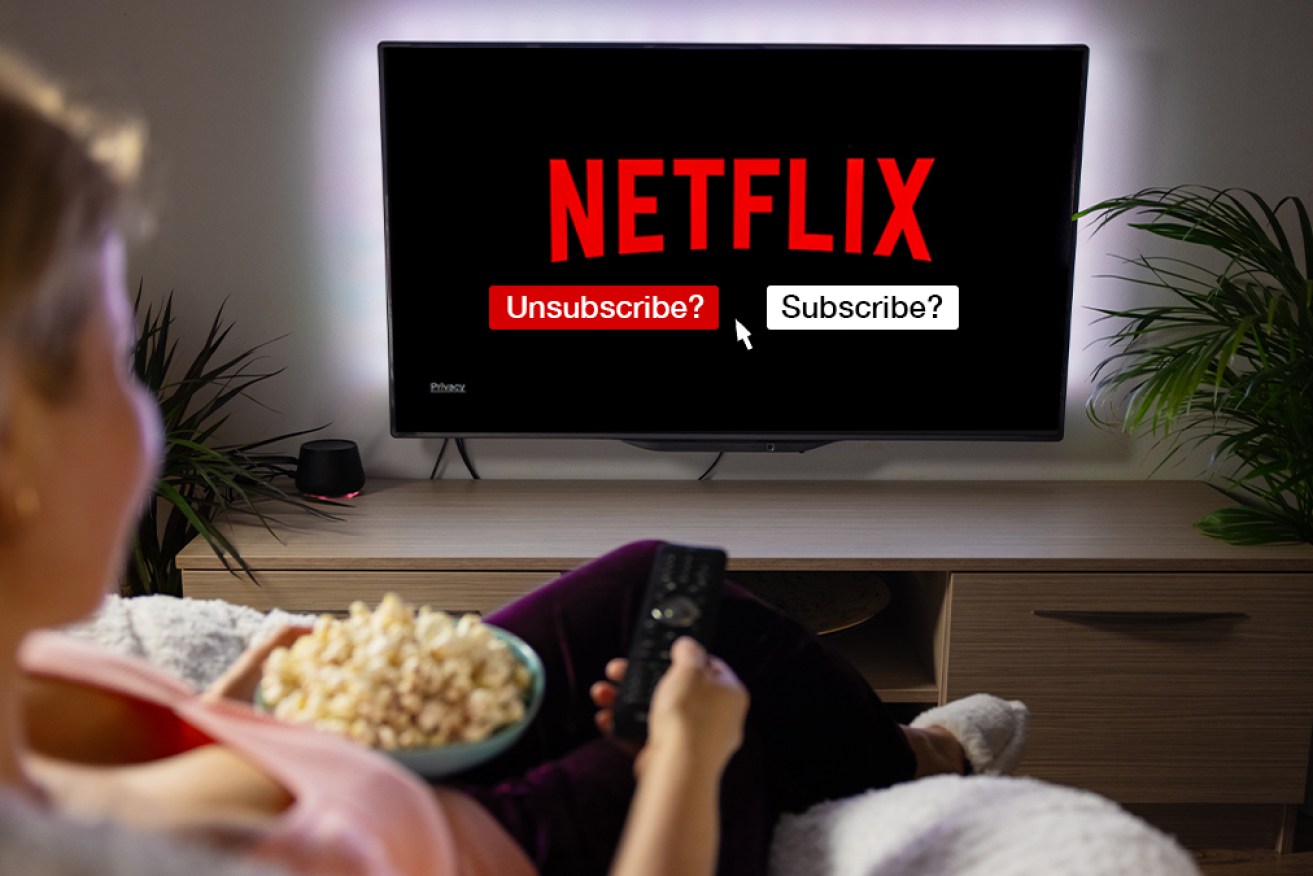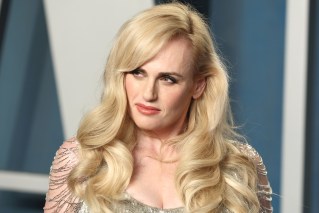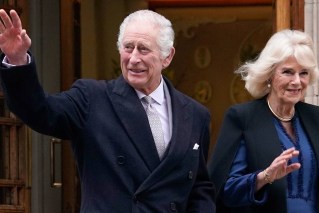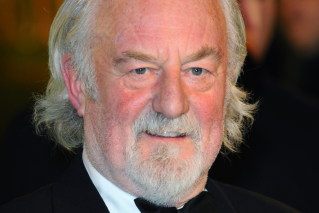Netflix password-sharing crackdown rakes in revenue


Netflix's gamble is a success story, as the platform rakes in million of subscribers. Photo: TND/Getty
Social media backlash against controversial changes has failed to dent Netflix’s bottom line, with the streaming platform posting a rosy outlook in its latest quarterly earnings results – and plans for more changes.
Subscribers were quick to post about their outrage when Netflix began rolling out its ad-supported plan and crackdown on password sharing, but both decisions appear to be paying off for the company.
Netflix’s revenue in each region has risen since password sharing met its end, with 5.9 million new subscribers already exceeding account cancellations over the second quarter of the year.
The influx of new subscribers contributed to Netflix raking in a revenue of $US8.2 billion ($12 billion), and an operating profit of $US1.8 billion ($2.6 billion).
But the company is still looking to make more money, revealing its plan to roll out paid sharing to almost all of the as-yet unaffected countries.
Netflix also announced new and rejoining US and UK-based subscribers will see the platform’s basic ads-free plan phased out, following the move implemented in Canada in the first quarter.
Netflix co-CEO Greg Peters said the move will help Netflix achieve its goals of optimising revenue and giving consumers a wide range of price points by creating an “appropriate spread” of prices and features across available plans.
He said so far subscribers who likely would have subscribed to the basic tier have instead split into two groups; those that choose the cheap ad-supported plan, and those who are willing to pay more for the standard plan.
Ad tier takes it slow and steady
The decision to remove the cheapest ads-free tier in select markets will likely continue to drive take up for the ad-supported subscription option as it’s implemented in more countries.
Chief financial officer Spencer Neumann admitted the ad-supported tier is seeing more of a gradual build in revenue compared to an uptick in new memberships driven by the password-sharing crackdown.
“Most of our revenue growth this year is from growth in volume through new paid memberships, and that’s largely driven by our paid-sharing rollout. It is our primary revenue accelerator in the year,” he said.
“Only a small percentage of our members are on the ads tier … Nice growth in the ads tier, but still off a small base.”
Despite the total number of subscribers to Netflix’s ads tier sitting behind the ads-free options, the former enjoyed 100 per cent growth quarter on quarter, and the overall average revenue per member for the ads tier was higher than the basic ads-free tier.
Mr Peters said recently added features, like the option to pay for extra members to be added to an account now that password sharing is no longer an option, balances user considerations while also making sure Netflix is “reasonably paid” for delivering entertainment.
“So then, of course, we can invest that into making the service better for everyone,” he said.
Netflix expects revenue growth to accelerate in the second half of 2023, as the platform expects to see increased take up of paid sharing and steady growth in the ad-supported plan.
Netflix boss comments on strike action
Although Netflix is looking to get fairly paid for the service it provides, Hollywood actors and writers are striking for the same right, which they say has seen significant setbacks in the streaming era.
The Writers Guild of America (WGA) and actors’ union SAG-AFTRA are demanding increases in base pay and residuals, along with assurances their work won’t be replaced by artificial intelligence.
The days of TV syndication saw some creatives able to live off residual payments in between projects, thanks to replays of their shows or movies.
This has not translated into the streaming market, and streaming platforms like Netflix have come under fire from actors such as Ellen Pompeo, Kimiko Glenn and Sean Gunn.
Tweet from @weeklycut
Netflix co-CEO Ted Sarandos emphasised that he grew up in a “union household”, with his electrician father an active union member.
But the chief executive, whose pay jumped 31.5 per cent to $50.3 million ($73.6 million) in 2022, stopped short of mentioning any willingness to increase pay for the creatives behind the platform’s hit content.
“I remember that [my dad being out on strike on more than one occasion] because it takes an enormous toll on your family, financially and emotionally,” he said.
“So you should know that nobody here, nobody within the [Alliance of Motion Picture and Television Producers], and I’m sure nobody at SAG or nobody at the WGA took any of this lightly. But we’ve got a lot of work to do.
“We’re super committed to get into an agreement as soon as possible, one that’s equitable, and one that enables the industry and everybody in it to move forward into the future.”








